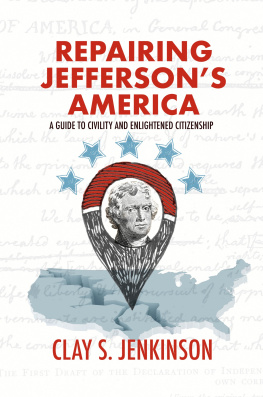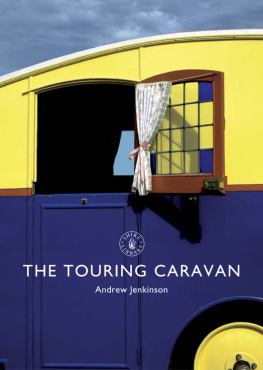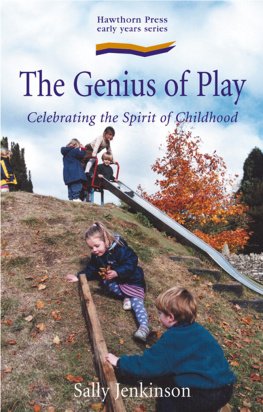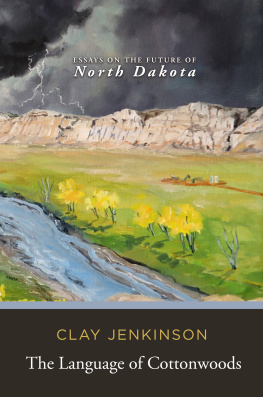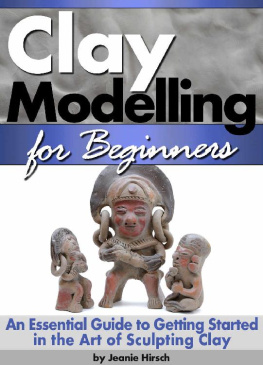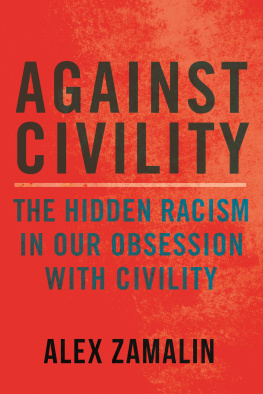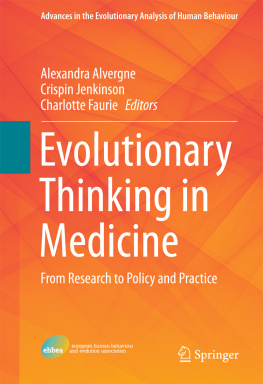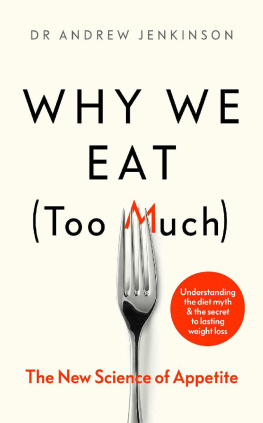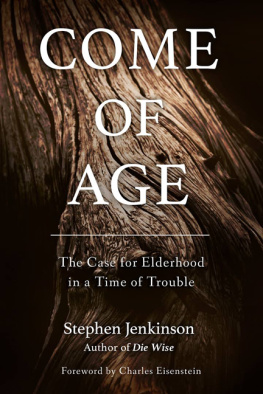REPAIRING JEFFERSONS AMERICA
CLAY S. JENKINSON
Repairing Jeffersons America
by Clay S. Jenkinson
Copyright 2020 Clay S. Jenkinson
ISBN 978-1-64663-097-4
All rights reserved. No part of this publication may be reproduced, stored in a retrieval system, or transmitted in any form or by any meanselectronic, mechanical, photocopy, recording, or any otherexcept for brief quotations in printed reviews, without the prior written permission of the author.
Published by
3705 Shore Drive
Virginia Beach, VA 23455
8004354811
www.koehlerbooks.com
For Catherine Missouri, who has already exceeded all of my expectations.
May the American republic recover in time for you to enjoy the bloom.
Everything I do is for you.
Jean-Antoine Houdons 1789 bust presents Thomas
Jefferson as a serene exemplar of the Enlightenment.
I have lived temperately, eating little animal food, & that, not as an aliment so much as a condiment for the vegetables, which constitute my principal diet. I double however the doctors glass and a half of wine... the ardent wines I cannot drink, nor do I use ardent spirits in any form. Malt liquors & cyder are my table drinks, and my breakfast... is of tea & coffee...
I am not so regular in my sleep... devoting to it from 5 to 8 hours, according [to how much] my company or the book I am reading interests me; and I never go to bed without an hour, or half hours previous reading of something moral, whereon to ruminate in the intervals of sleep. But whether I retire to bed early or late, I rise with the sun...
Foreword
I n the fall of 2005, I received a phone call which I did not expect, and I had no premonitions about how consequential it would be. It was from Clay Jenkinsons office. Clay was moving back to his native state of North Dakota and needed to establish a new home for his public radio show, The Thomas Jefferson Hour . The caller asked whether I would consider being a temporary guest host for the program until a permanent one could be found. Intrigued and flattered, I accepted.
So began a fifteen-year friendship with both Thomas Jefferson and Jenkinson, the Jeffersonian scholar who portrays the third US president. I have since become the semi-permanent guest host, which I consider a term of endearment and refuse to relinquish. Most years this means Im privileged to have fifty-two private conversationsone a weekwith Jenkinson/Jefferson. One might think after a decade and a half the subject matter would be exhausted, but the opposite is true. As America grows, changes and faces new challenges, so does Jeffersons influence and perspective.
The Thomas Jefferson Hour includes a podcast that draws listeners from around the globe, and the program is broadcast over seventy public radio stations in twenty-three states. We receive questions from Asia, the Middle East and Europe, and throughout America. People want to know Jeffersons views on gun rights, government, and religion. They ask about Jefferson the polymath and how all men are created equal could be professed by an owner of enslaved people.
I sit across from Clay and present these questions and watch as he becomes Jefferson. There is a perceptible change in the position of his head, his body language shifts, and I see something different in his eyes. While in character, he is Jefferson, teaching us how to be Jeffersonian, awkward as that may be for him while discussing the behavior and morals of a man from the eighteenth century.
In Repairing Jeffersons America , Clay provides a roadmap to help citizens grapple with some of the most difficult issues facing our nation during a time of political polarization and global turmoil. America may have lost its way, Clay suggests, but through Jeffersonian principles we may again find light in the darkness. You dont have to do everything in this book to be a Jeffersonian, he writes. Jefferson believed in human freedom, and he certainly did not hold himself up as the epitome of human enlightenment. It would be great if all of us tended vegetable gardens and read Homer in the original Greek, but as John Adams might say, We live in the real world.
I firmly believe that the real world is what we make it.
It was a lucky phone call.
David Swenson
Introduction
I love America. I believe most Americans are idealists, even if they are disillusioned idealists. I see this book as a guide to the perplexed. Most of the people I meet want more from their lives. But they are a little unsure of themselves because the corrosive energies of conformity, consumerism, and philistinism are swirling all around them and sometimes eating them up. In a sense, I hope this book is for every reader a kind of personal Declaration of Independence from the complacent civilizational collapse we see all around us.
I dont want us to give up as an aspirational nation and just settle into a life of vacuous consumerism. I dont know about others, but I dont think either of the two major political parties in America represents my values or my interests. Although both parties claim Jefferson when it suits their purposes, neither party represents truly limited government, fiscal responsibility, self-reliance, science, political harmony, civility, education, and human freedom.
Jefferson was an imperfect embodiment of the Jeffersonian, if that makes any sense, but what he stood for is, in my opinion, whats missing from American life in our time. We need a Jefferson Party (unlikely) or at least a Jeffersonian Movement if we are ever going to recover. Each of us needs to rededicate our life to enlightenment, so that we can in turn insist that America rededicate itself to higher purposes.
I invite people who want more from their country, and more from their individual lives, to read this book and work consciously to become Jeffersonians. Every time I think about Jeffersons life as an amateur architect, amateur scientist, man of letters, scholar and political philosopher, a man who cultivated friendship and pursued the good life with impeccable manners and generosity of spirit, I want to be more like him.
We need to bow to science, argue from evidence, agree to disagree as rational friends, seek consensus, and treat each other as equal citizens of a republic, not as tribes, social classes, or ideologues. Jefferson is not the only answer to our problems, but he is one of the best answers. He believed we were up to it, that we could govern ourselves. We need to prove we can really do that. This is a cross between a self-help book (you too can be a Jeffersonian!) and a mirror to hold up to the horror show that is the current state of public life in America.

